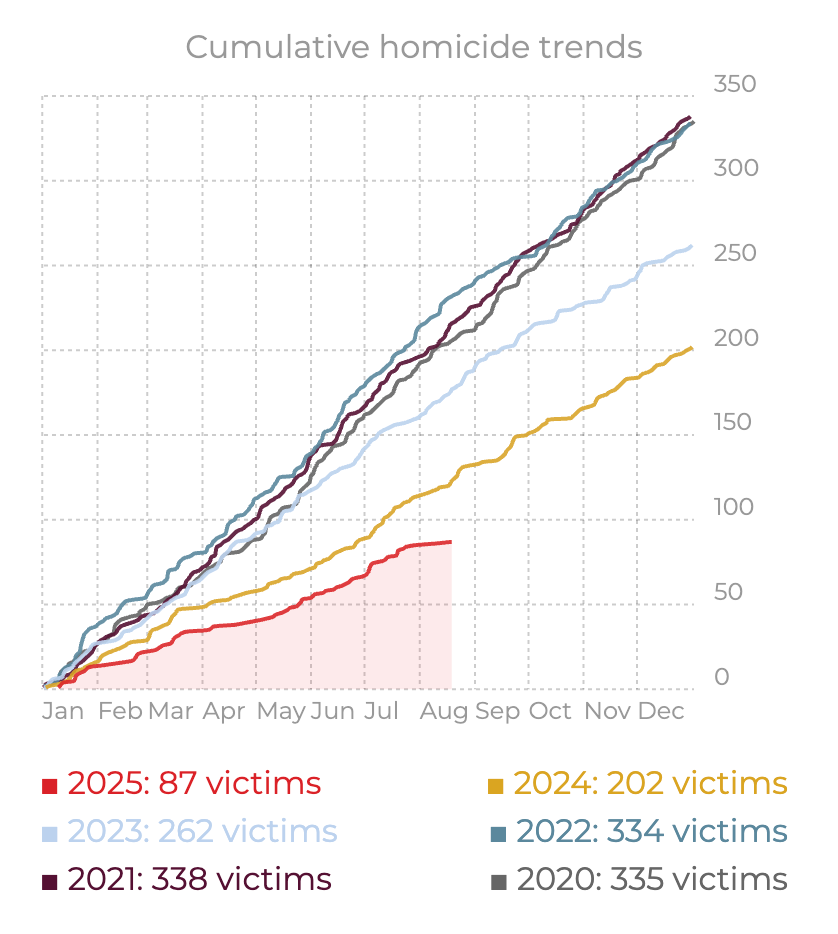Baltimore's public health approach to reducing gun violence

While writing about gun violence recently, I was reminded of a prominent violence prevention program in Baltimore with public health roots. Safe Streets is based on a program developed by epidemiologist Gary Slutkin, who recognized that violence spreads like an infectious disease. A shooting often triggers a chain reaction, with retaliatory violence perpetuating the cycle.
Safe Streets applies this epidemiological thinking by treating violence as a contagion that can be interrupted. The program employs community health workers who work to stop the transmission of violence before it spreads. When tensions rise or a shooting occurs, these interrupters mediate conflicts, provide alternatives to retaliation, and contain the 'outbreak' before the next shooting happens. An evaluation found that the program reduced shootings in Baltimore neighborhoods by 22-23%, with a $7-$19 return for every dollar spent.
Federal budget cuts are reportedly jeopardizing the program. This would be a devastating blow under any circumstances, but it's particularly tragic timing given that the city's homicide count is on track to be the lowest in years.

Member discussion